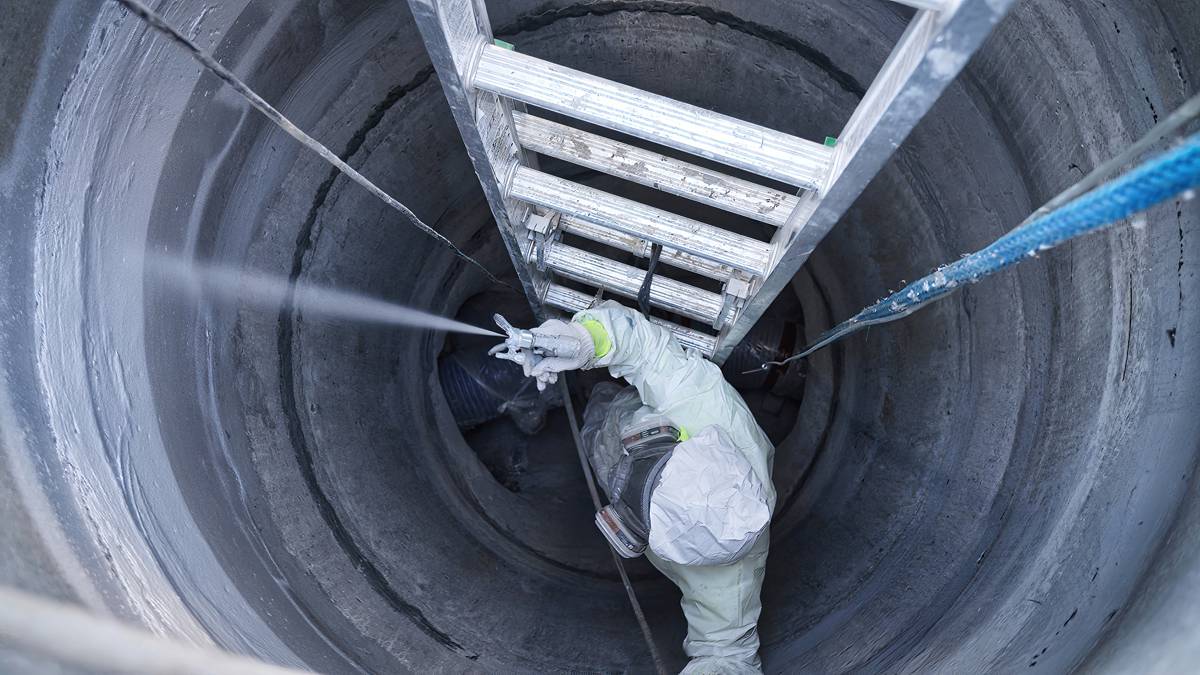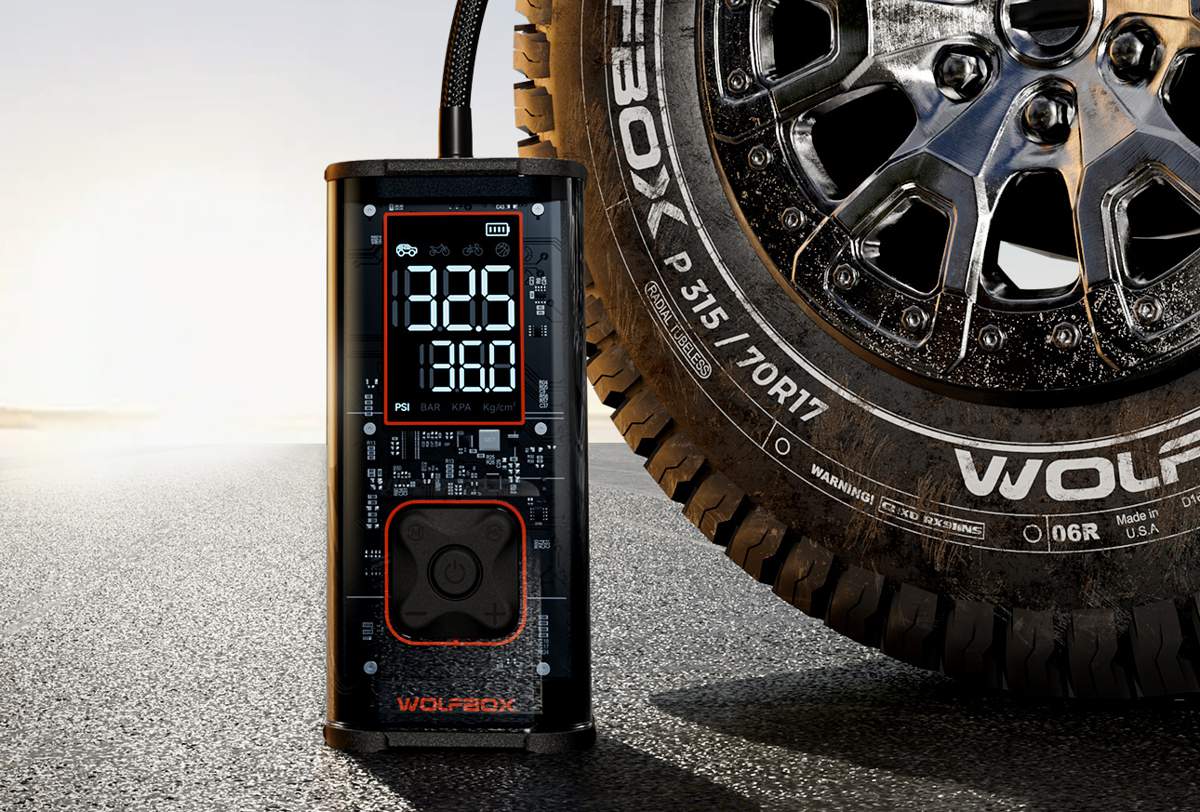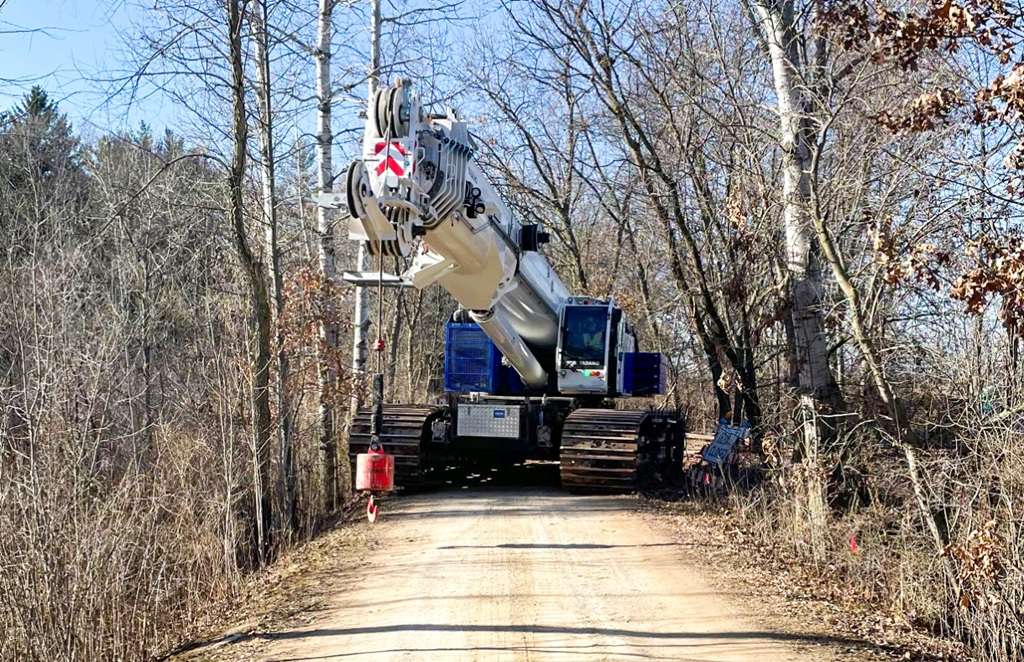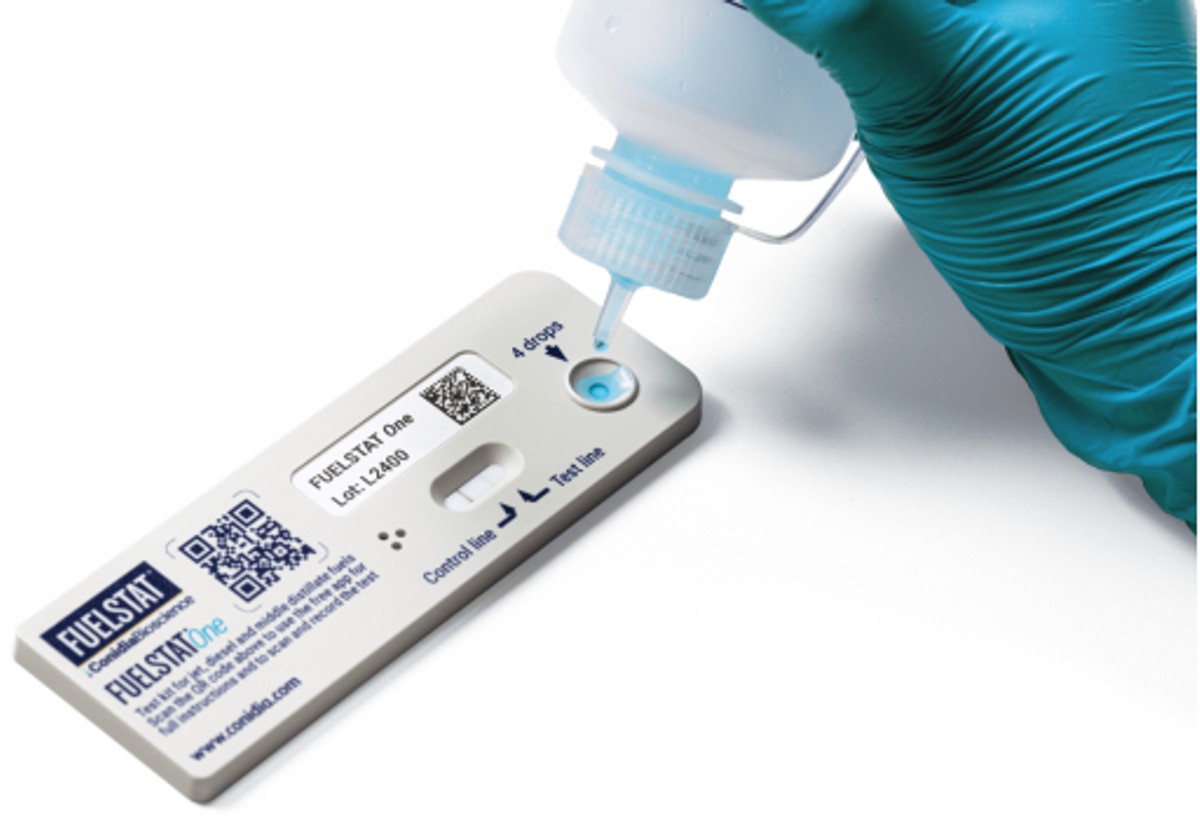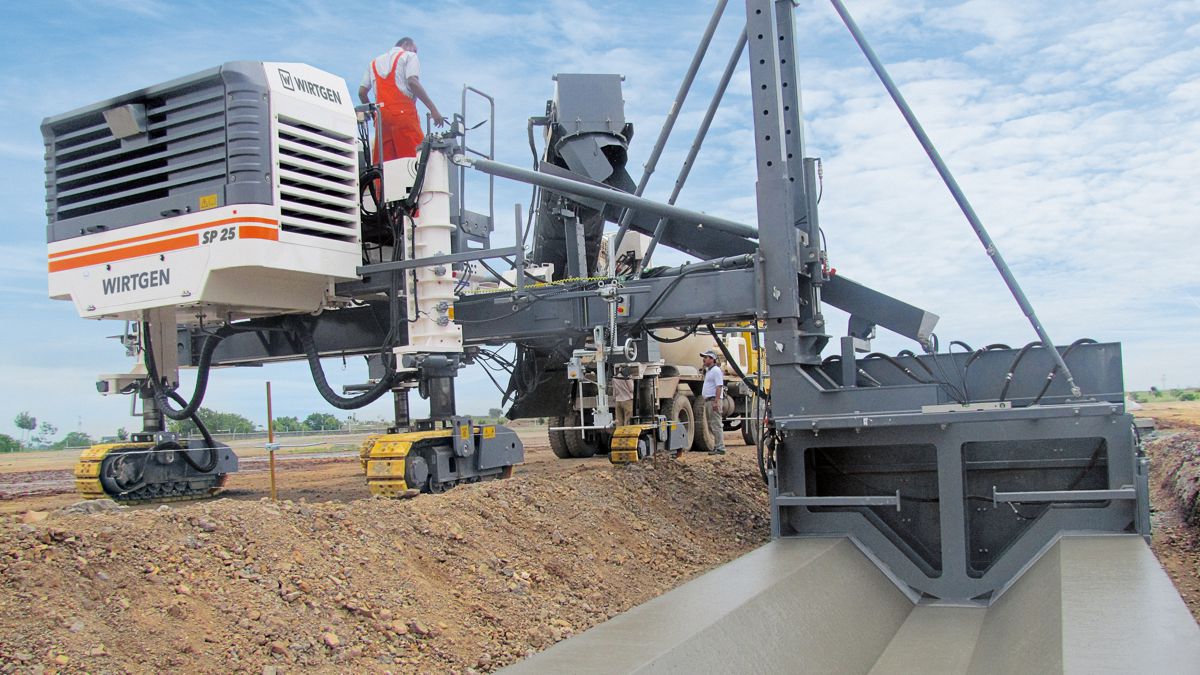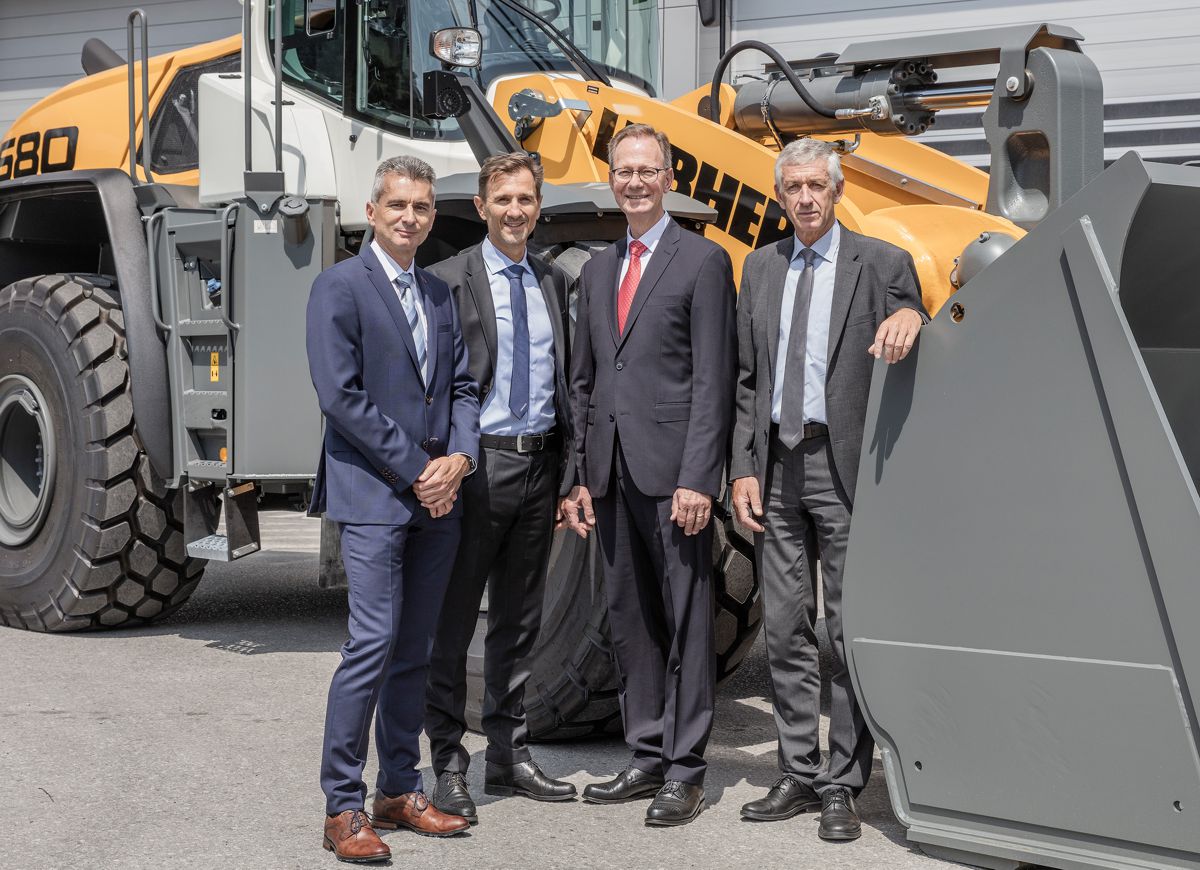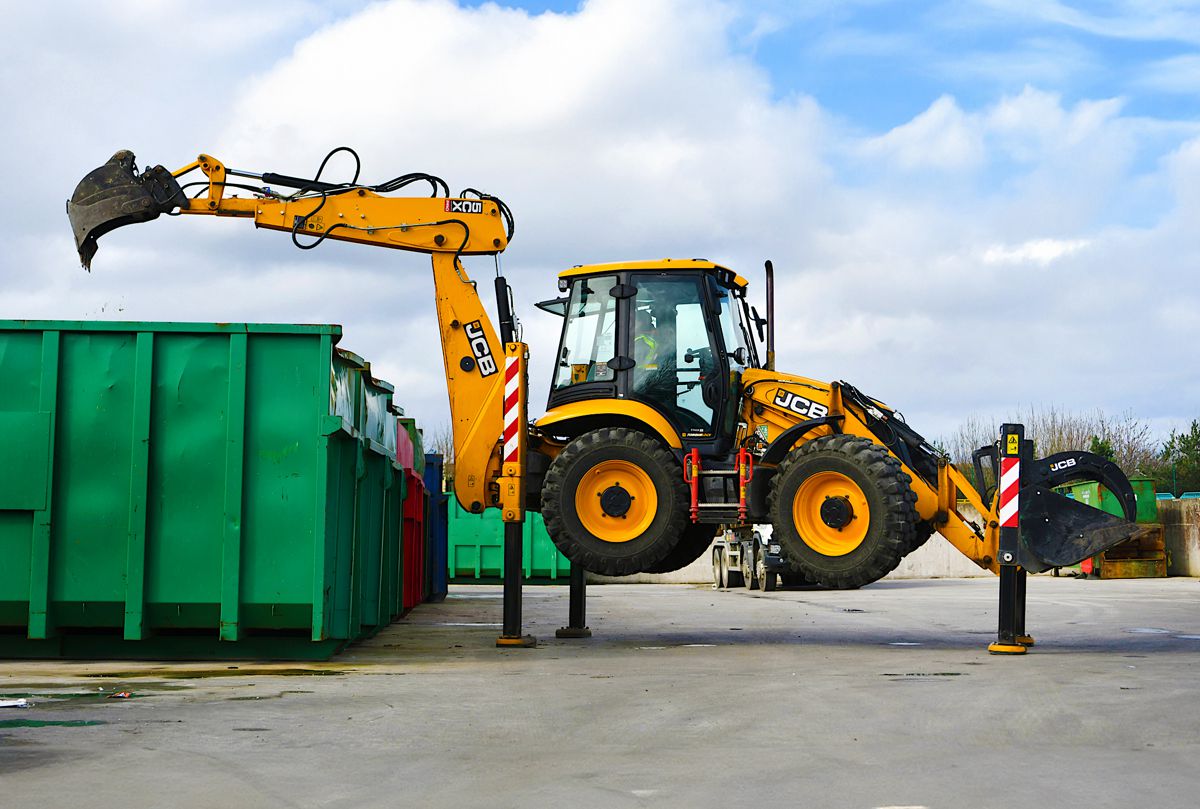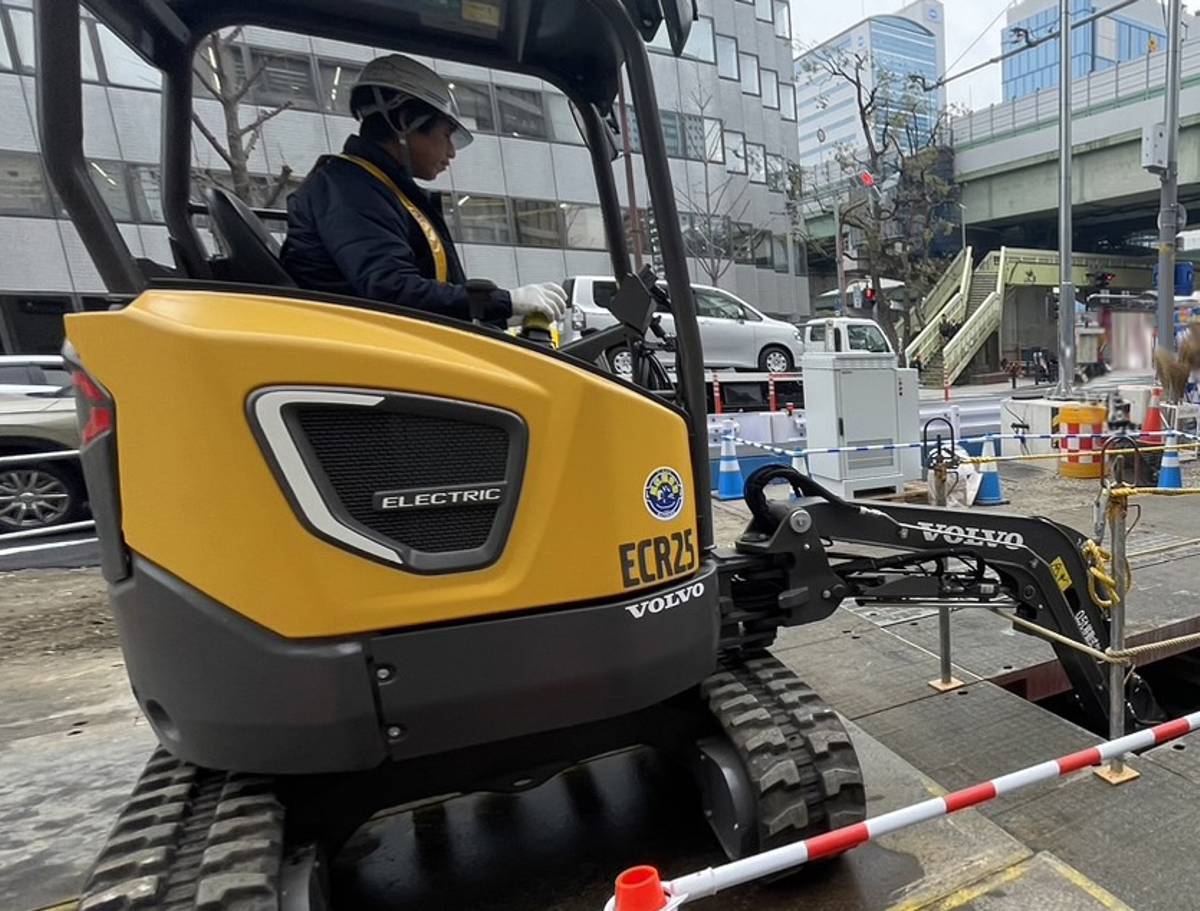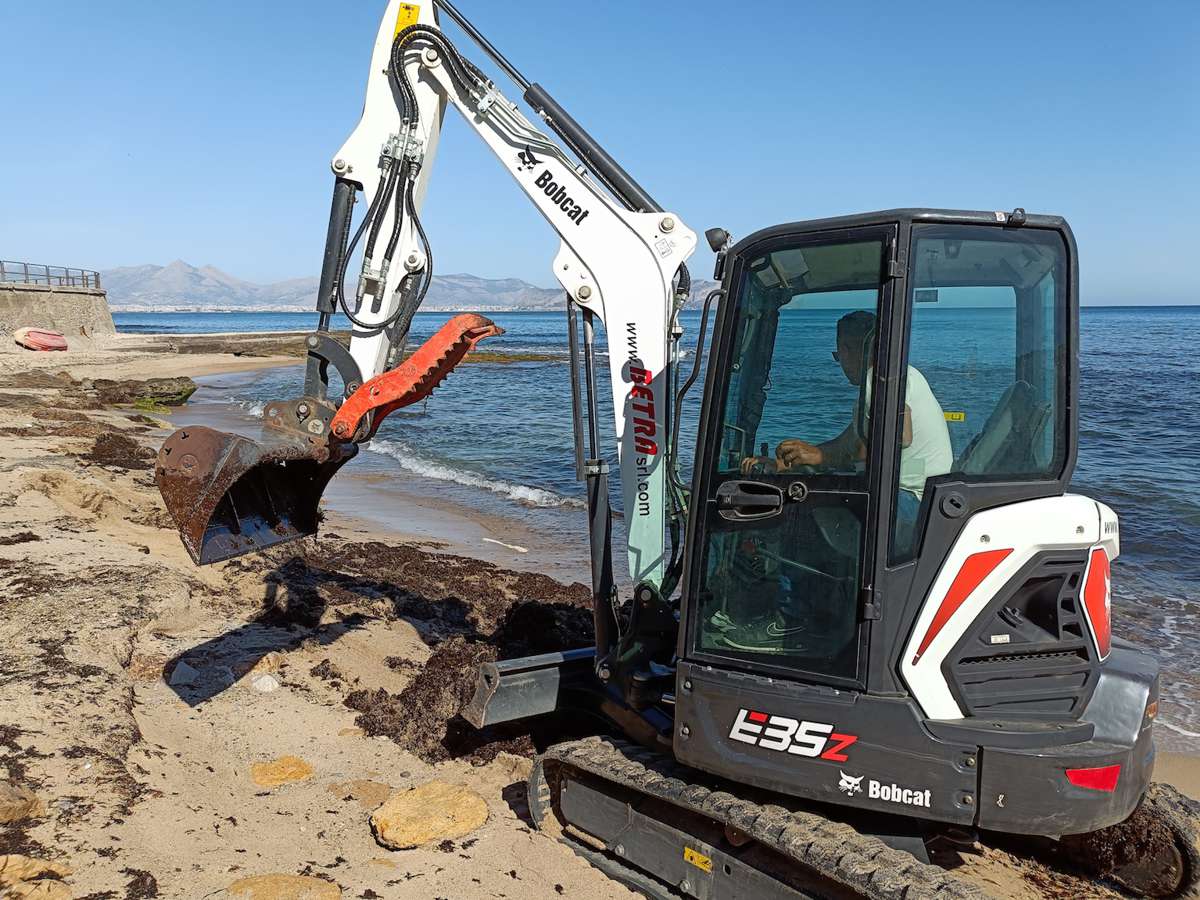PHCo’s lo-density hot oil circulating heaters reduce operating costs, eliminate coking and carbonization
Process Heating Company’s (PHCo) lo-density hot oil circulating heater systems provide automatically controlled, even-temperature heat-transfer fluid. The systems offer unique benefits for asphalt plants, including lower operating costs, improved product quality, reduced maintenance, significantly longer heater life, and enhanced sustainability.
With the PHCo indirect heating systems, heat from electric energy is transferred to the oil, which then carries it to the area or process where it is needed. Using PHCo’s unique Lo-Density® patented Coil-Lock-design heating elements, which reside within a drywell, the units dissipate controlled heat as low as eight watts per square inch on the heater’s sheath, eliminating coking or carbonization of the transfer oil. Because the drywell-style elements are accessible from outside of the system, they also may be serviced without draining the heater.
Each Hot Oil Circulating Heater is a complete system that includes a properly sized, vented expansion tank with a sight glass and a low-level shut-off switch. Like all fluids, heat transfer oil expands when heated. The expansion varies with the temperature to which it is heated. For example, 100 gallons of oil at 50° F will expand to 114 gallons when heated to 450° F. The expansion tank permits expansion of oil as it is heated, without exposing hot oil to air.
It functions as an oil seal to accommodate the increased volume of expanded oil in a quantity of colder oil, which comes into contact with a limited amount of air. The low temperature of the oil seal will contribute to the long service life of the oil. A secondary function of the expansion tank is to provide a means for the escape or intake of air as the oil level in the tank rises and falls.
The system also includes an exchanger built to ASME standards, covered with high density insulation and an aluminum jacket. There is a motor-driven, special high-temperature centrifugal pump for circulating heat transfer oil, and a UL-listed industrial control panel in a weatherproof enclosure, with standards that include a programmable time clock for early morning startup, main indicating controls, and over-temperature controls. Also contained in the package are additional convenient features on these heaters, including a strainer for easy cleaning, shut-off valves for the system and the fill lines, and strategically located air purge valves to assist in filling the system. PHCo Hot Oil Circulating Heater systems are completely pre-wired, pre-plumbed, and ready for installation.
With fluctuating energy prices, efficiency becomes critical to the cost of doing business. Electric heat offers 100% energy efficiency throughout the lifetime of the heater, since all of the energy is used to heat. This is compared to the inefficient burning of fossil fuels, which operate at only 85% efficiency when new – and that efficiency quickly drops to less than 65% over time. One PHCo customer, F&R Asphalt of Easley, South Carolina, replaced its diesel-fired hot oil with a PHCo electric hot oil heater in 2009. The diesel system had burned 800 gallons of fuel per week, and F&R Asphalt was paying $4.00 per gallon – resulting in weekly fuel costs of $3,200 (an annual cost of $166,400). After switching to the PHCo electric hot oil heater, the customer was able to reduce heating costs to $210.10 daily, for an annual cost of $76,686 – and an annual savings of $89,714. Given today’s energy costs, with diesel fuel at approximately $2.60 per gallon and industrial electricity costs at slightly less than eight years ago, the data is still relevant. An additional benefit is that PHCo electric heaters typically last for more than 30 years, providing 100% efficient heat over their entire lifetime without incurring the capital cost created by replacing fossil-fuel-fired heaters every 8 to 10 years.
Process Heating Company has more than 65 years of experience in manufacturing 100%-efficient lo-density, low-watt, electric heating systems, designed to spread heat over a larger surface area, eliminating high element temperatures that damage the product. Common products that benefit from electric heat include asphalt, light and heavy fuel oils, diesel, bio-diesel, glycerin, lube oils, hydraulic fluids, resins/epoxies, animal fats, molasses and other materials that are sensitive to high temperatures.



